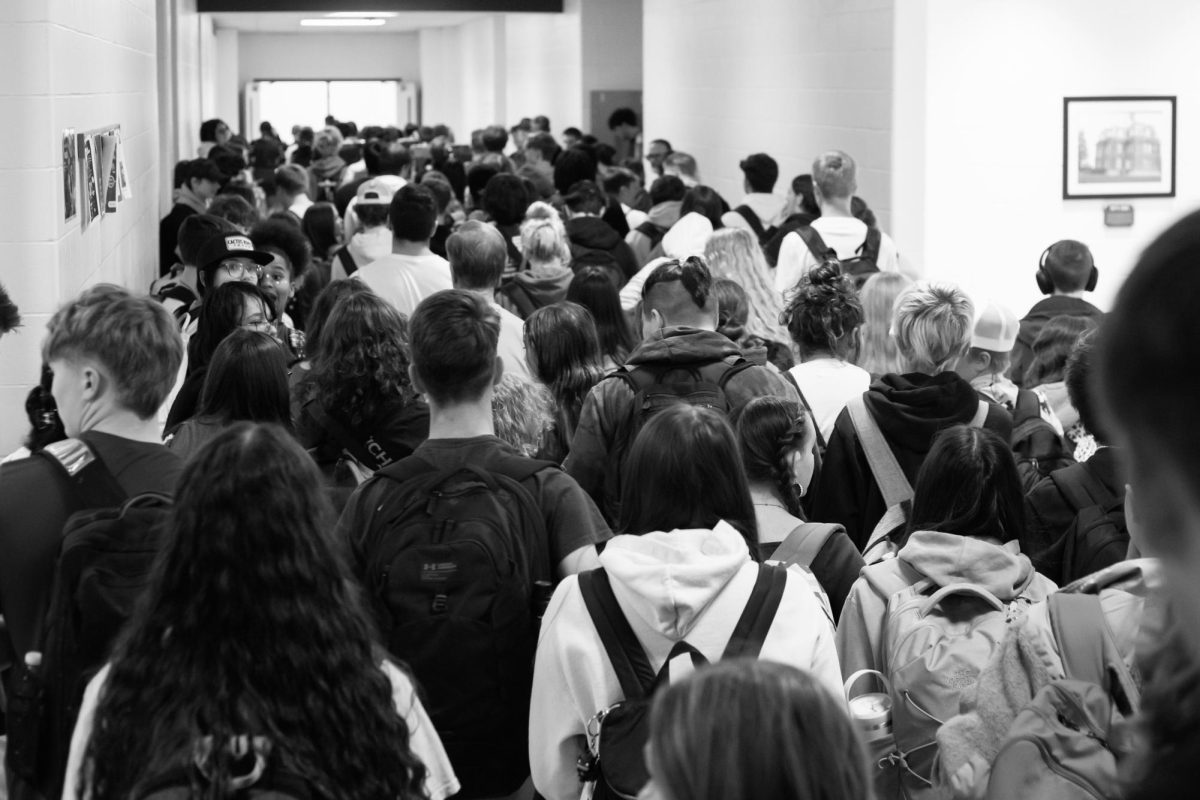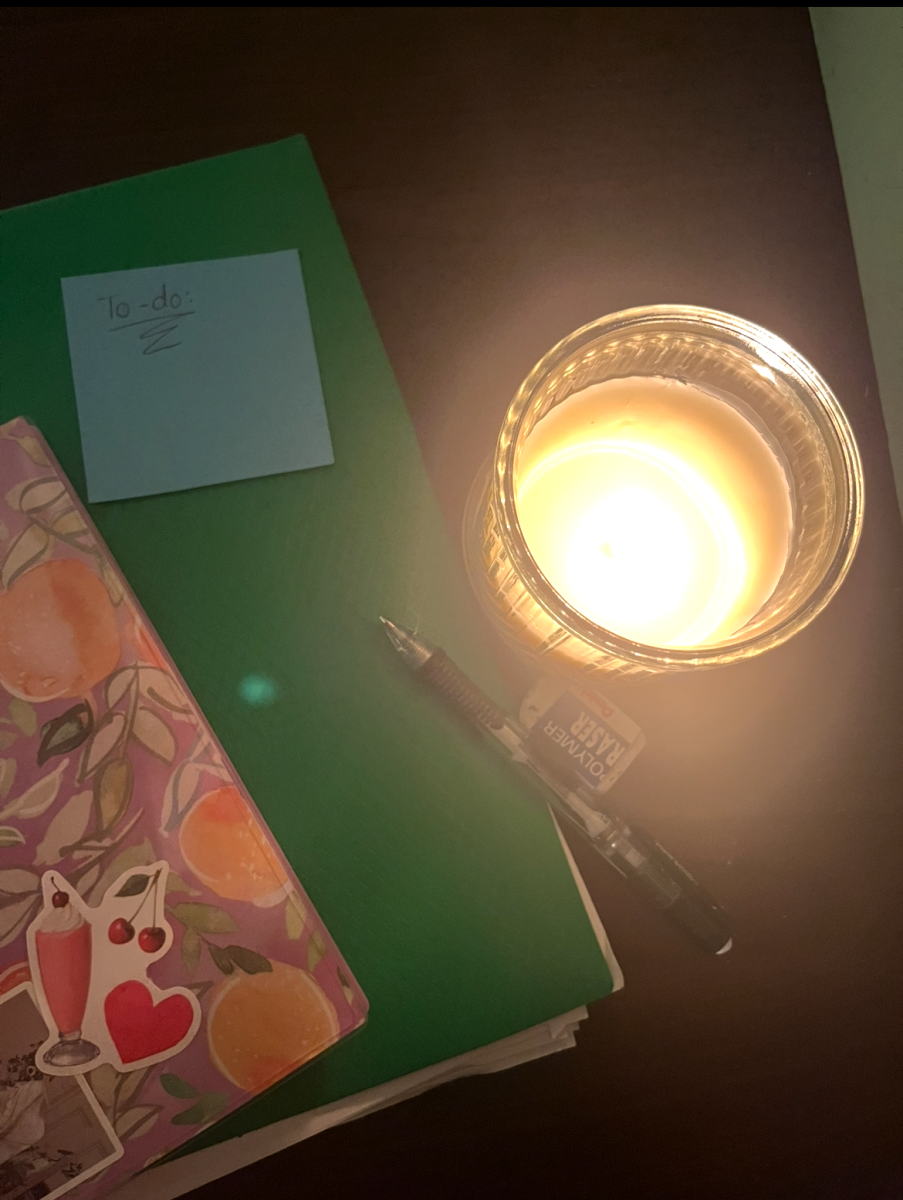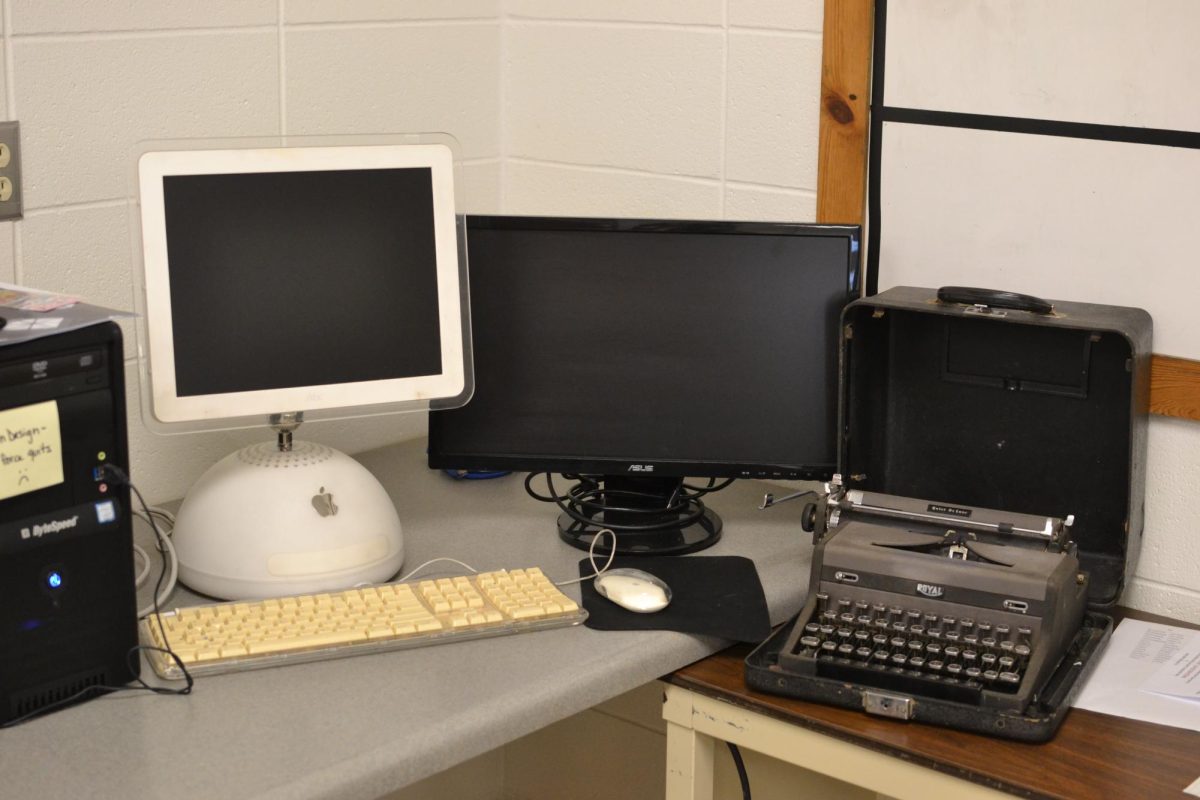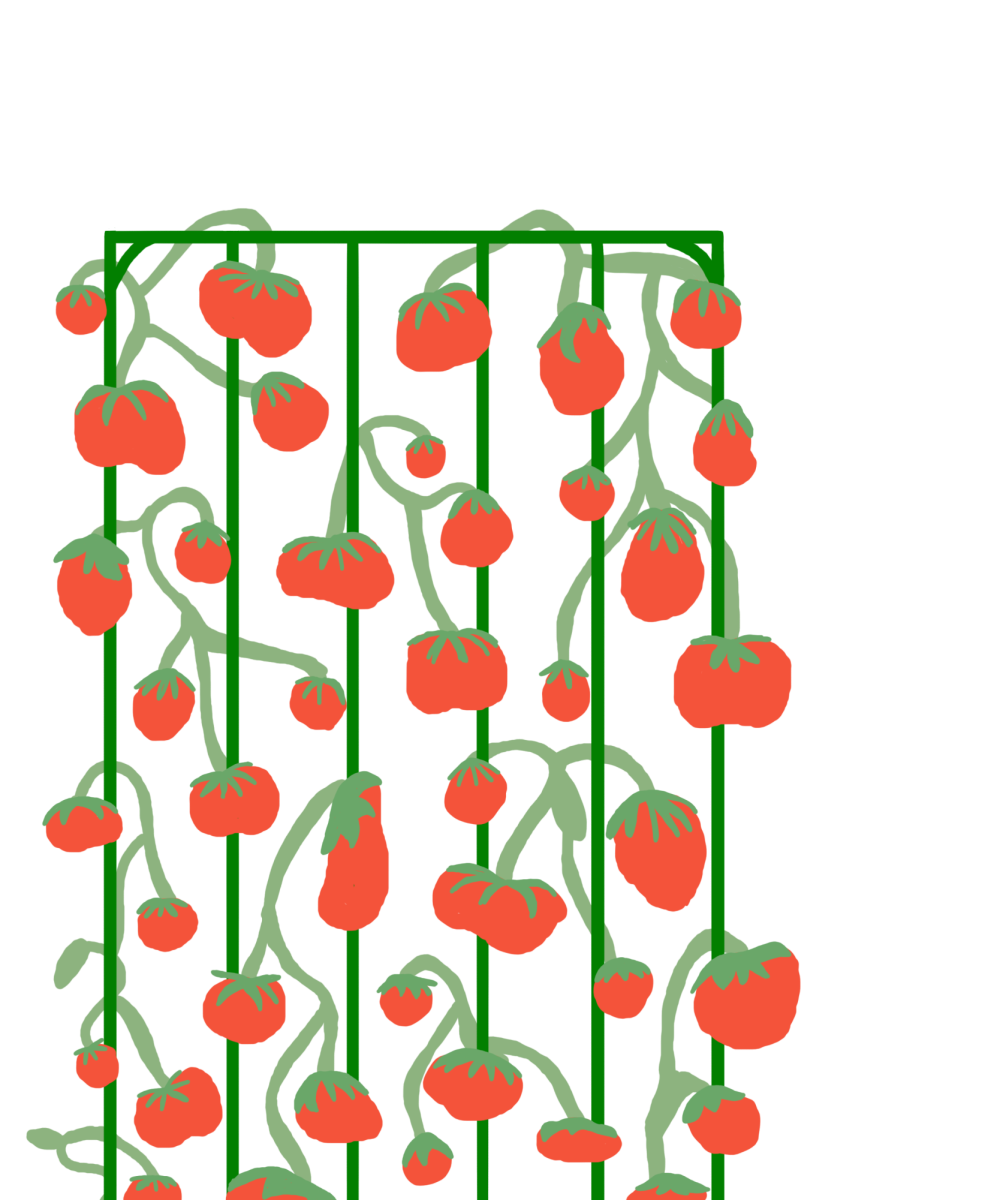Many things in this world are controversial. Many things in this world are offensive. Every day someone is offended; whether it is by actions, speaking, or even clothing. The first amendment allows citizens to exercise the right of freedom of speech, press, to peaceably assemble, and religion. When students walk through the school doors some of those rights disappear. The first amendment does apply to public schools in America; however the courts have made it possible for school officials to limit some of those rights.
In 1969, there was a case: Tinker v. Des Moines Independent School District about students wearing black armbands to protest the Vietnam War. The officials of the school told the students after they were wearing them that the armbands were banned because they could disrupt the school. In this case the Supreme Court said that the first amendment applied to all students even on school property.
However two decades later, Hazelwood v. Kuhlmeier occurred in 1988 between the school district of Hazelwood and students of the school because the principal was cutting stories about divorce and teen pregnancy. The Supreme Court decided that school principals, and other school officials have the right to limit and censor student expression.
Since the law has passed there has been a drastic change in the school newspapers, mainly censorship. Students are a lot more careful about what they say and do now. Since Hazelwood was passed the Student Press Law Center has seen a large rise of people reporting censorship of articles and advertisements that seem to be too controversial.
Schools have been under the influence of Hazelwood v. Kuhlmeier for over twenty years now. What this says about students is that we are just dealing with what school officials say and letting them dictate what we are writing about, and even what we are doing. Our actions in school can make or ruin our lives. The things we write about and the things we do in school can have such serious actions. But those actions are different in every school.
So, what is too controversial? How do you decide that? What exactly is over the line? One thing that is offensive to someone could be completely fine to another person. Anything could be offensive. So how are we supposed to write anything without someone saying something negative, or ending up being turned in for censorship? How are you to wear anything without worrying if it could offend someone? How can you speak freely without worries? Are schools becoming too extreme on bending the first amendment? These are all things to think about.








